Coaches do play favorites. I play my favorite players and am not ashamed to admit it. You might be surprised to hear that, but I hope you understand after reading. As coaches, we play the players who possess the best (and often our favorite) traits. Here are 10 traits that make a player a coach’s favorite.
Be a hard worker.
Coaches love players who show up for everything. We love the players who are the first ones in the gym and the last ones to leave. A hard-working player gives their best effort every time they take the court, whether it’s a practice or a game.
Be a leader.
Coaches love players who lead in action and through words. Leaders inspire their teammates to reach another level. They inspire their teammates to give it their all through their example. Leaders are an extension of the coach on the floor. They buy into the program’s philosophy and get their teammates to as well.
Be a great teammate.
Coaches love players who support their fellow teammates. Great teammates are accepting of all team members and help others to get better. Coaches love it when an upperclassman goes out of their way to help the underclassmen learn. A great teammate embraces their role no matter what it is and does it to the best of their ability. Great teammates are all about “we” and whatever is best for the team.
Be a competitor.
Coaches love players who do the little things it takes to win. We love players who treat practice like it’s a game. Great competitors never go through the motions. They want to win every drill, game, and contest. Through their desire to win, and more importantly their preparation to win; great competitors inspire their teammates to give more.
Be a good citizen.
Coaches love players who represent the program well on and off the court. We love players who give back to the game and their community. Being a good citizen means doing the right thing even when it’s the most difficult thing to do. Good citizens behave in school, get good grades, and support the entire school community.
Be a playmaker.
Coaches love players who not only know what to do but can do it. Playmakers step up and make the big plays when the team needs it most. They are always making plays. Coaches love players who ask questions that will make them better. Playmakers know “why” because it gives them the confidence to go out and perform.
Be coachable.
Coaches love players who can take constructive criticism. We want players who want to be coached and who want to be told what they need to do to get better. Coachable players never roll their eyes at the coach. They make eye contact with their coaches, and aren’t afraid to ask questions. Coachable athletes listen to their coach and not the stands.
Have pride
Coaches love players who consistently wear and represent the program’s gear. We want players that help promote our programs. Players who exemplify pride express it through their words and actions. They act like being a part of the program is a big deal and means something. Coaches love players who take pride in the little things and doing them well.
Be dependable.
Coaches love players who are always on time. Don’t be late. Don’t miss practices, events, or games. We love players who offer no excuses and no explanations. Coaches want players they can depend on both on and off the court to make the right decisions. Being dependable also means you’re always there for a teammate in need.
Have heart.
Coaches love players who play with enthusiasm, courage, and spirit. Having heart means having and playing for a purpose beyond the scoreboard. When the score’s out of reach, players with heart continue to play hard to honor the game. They play for purpose that means something to them. We love players who never give up or give in. Having heart means getting back up and going again, even when it seems the most difficult.
If a player has these traits, they will quickly become a coach’s favorite and earn more playing time. It’s not always about talent. It’s about what you do with that talent. It doesn’t take the most athletically gifted person to have any of these traits. It doesn’t require skill. However, it’s not easy. It requires a lot of mental and physical fortitude and it’s not for everyone. That’s why the few who are able to do it become Coach’s favorite.
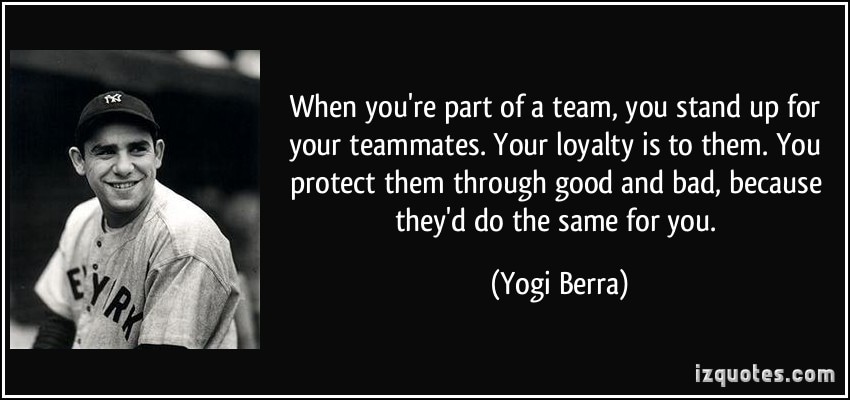
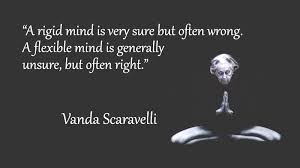

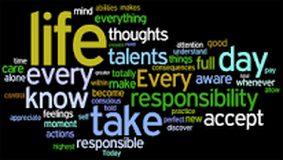
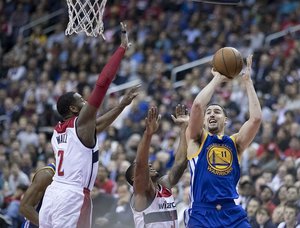


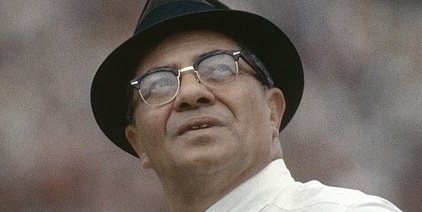
 RSS Feed
RSS Feed